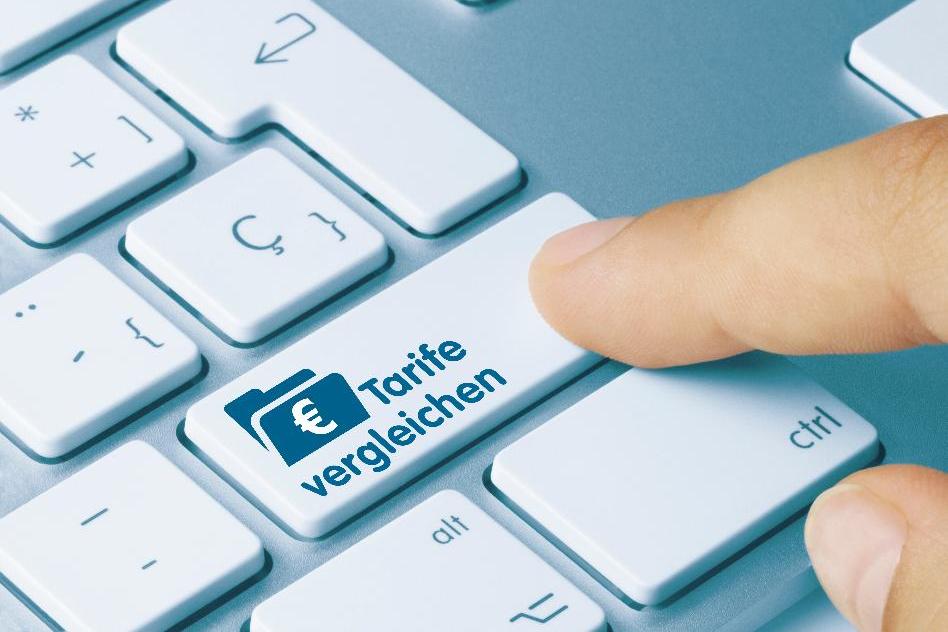Comparison websites

In April 2019 the Bundeskartellamt published the results of its sector inquiry into comparison websites. The Bundeskartellamt had first surveyed around 150 and then, in a second step, the 36 most relevant comparison websites from the travel, energy, insurance, telecommunications and financial sectors. The issues covered included cooperation between comparison websites, market coverage, how search results are ranked, other factors influencing consumers’ choice and the handling of user reviews. In some cases consumers were misled, transparency obligations were violated or advertisements were not labelled as such.
Results
- What do comparison websites compare?
How useful a comparison is depends on the extent to which it covers the relevant market. Any players that are not taken into account will not be part of the comparison. While comparison websites are very good at covering the market in some sectors, comparisons for the insurance and hotel industries, in particular, left out some of the key providers. Only some websites made this important information sufficiently transparent for consumers, for example by providing a negative list.
- Rankings should always be taken with a grain of salt
In some cases the amount of commission paid by the different providers influenced their position in the ranking (for example, in hotel rankings). Consumers may find this misleading, even if the website includes general or hidden information about the fact that the amount of commission paid has an impact on the ranking results. In the energy sector, in particular, some websites did not include certain offers in their initial rankings because they did not receive a commission from the providers. Comparison websites for energy and telecommunication tariffs often displayed selected offers above the actual ranking (“position 0”). In some cases the providers paid for this position, and consumers were not informed that the offers displayed in this position were in fact advertisements.
- Misleading information, false expectations
Sometimes the websites provided misleading information about product availability, benefits or exclusive offers. This may have put consumers under pressure or raised false expectations, especially in the travel sector, but also in other industries.
- Who writes the reviews?
In the sectors examined, user reviews were generally only written by users who had successfully concluded a transaction via the website. This helped prevent fake reviews, but on the other hand also reduced the range of reviews.
- How independent are the websites?
In all the sectors analysed, comparison websites cooperated with each other in terms of databases and calculator tools. Such cooperation can help to increase the number of comparison options available to consumers, but it can also mislead consumers into interpreting identical results on several supposedly independent websites as confirmation of the recommendations.
Consumer tips
- Look at what the comparison website actually compares. For example, are all relevant providers included?
- Use the filters available to only compare what is relevant to you.
- Look at how the ranking is determined. Does the website provide information on that?
- Beware of disguised advertising and supposed advantages.
- Do not let yourself be pressured. Claims such as “low in stock” might not always be true.
- Double-check the reviews. Are there any limitations as to who can write reviews?
- It makes sense to use several comparison websites. However, ask yourself whether those websites really provide independent results or only differ in name.
How to use comparison websites
The Bundeskartellamt has released a video sharing valuable tips on how to use comparison websites (in German only).